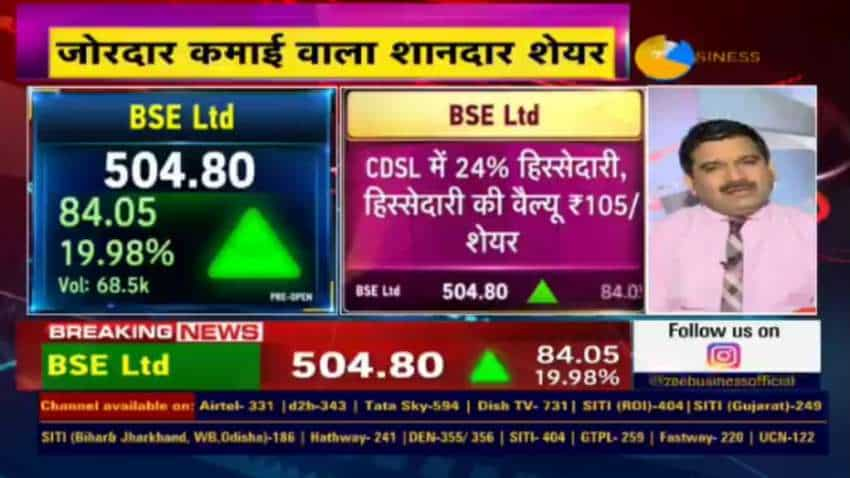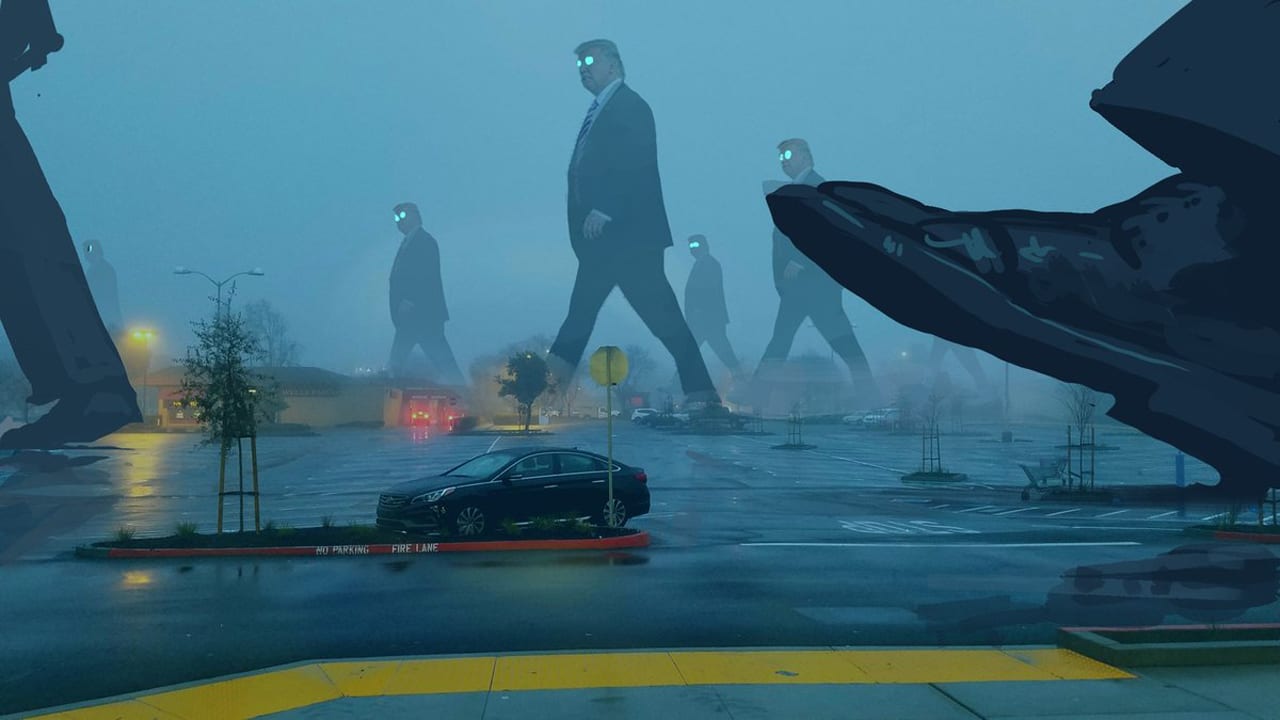Hydrogen Vs. Battery Buses: A European Transit Comparison

Table of Contents
Environmental Impact: A Comparative Analysis
The environmental impact of both hydrogen and battery-electric buses is a crucial factor in their selection. This involves a lifecycle assessment, considering manufacturing, operation, and end-of-life disposal.
Greenhouse Gas Emissions
Greenhouse gas emissions are a key metric for evaluating the environmental friendliness of both technologies. While hydrogen fuel cell buses boast zero tailpipe emissions, the overall carbon footprint depends heavily on the method of hydrogen production. Green hydrogen, produced using renewable energy sources like solar or wind power, results in significantly lower emissions compared to grey hydrogen, which relies on fossil fuels. Similarly, the emissions associated with battery-electric buses are heavily dependent on the electricity source powering the grid. Renewable energy sources significantly reduce the carbon footprint of battery-electric buses. Several studies have compared the lifecycle emissions of both technologies, and the results often vary depending on the specific assumptions and regional contexts.
- Hydrogen's potential for zero tailpipe emissions: A major advantage, especially in urban areas.
- Battery production's environmental impact: The mining and processing of raw materials for batteries contribute significantly to their overall emissions.
- Grid electricity sourcing impacting battery bus emissions: The cleaner the energy mix powering the grid, the lower the emissions of battery-electric buses.
Air Quality
Local air pollution is another critical concern, particularly in densely populated urban areas. Both technologies significantly reduce emissions compared to traditional diesel buses. However, hydrogen fuel cell buses offer a clear advantage with their zero tailpipe emissions, leading to cleaner air and improved public health outcomes. Battery-electric buses, while emitting no pollutants directly from the vehicle, still indirectly contribute to air pollution depending on the source of electricity generation.
- Hydrogen fuel cell buses and their contribution to cleaner air: A significant benefit for urban air quality.
- Particulate matter and NOx emissions from both technologies: Although minimal compared to diesel, these emissions need to be considered.
- The effects of improved air quality on urban health: Cleaner air leads to reduced respiratory illnesses and other health problems.
Infrastructure Requirements and Costs
The deployment of both hydrogen and battery-electric buses requires significant investment in supporting infrastructure. The costs and complexities differ substantially between the two.
Refueling and Charging Infrastructure
Establishing hydrogen refueling stations is considerably more challenging and expensive than building charging infrastructure for electric buses. Hydrogen refueling stations require specialized equipment and safety measures, posing logistical and economic hurdles. The geographical distribution of refueling stations also impacts operational efficiency, potentially limiting the operational range of hydrogen buses. Charging infrastructure for electric buses, while requiring substantial upfront investment, is technologically simpler and benefits from economies of scale.
- Initial investment costs for both hydrogen and charging infrastructure: Hydrogen refueling stations typically require much higher initial investments.
- Land requirements for refueling stations and charging depots: Refueling stations generally require more space than charging depots.
- The ongoing maintenance costs associated with each infrastructure type: Both types require ongoing maintenance, but the specifics and costs vary.
Total Cost of Ownership (TCO)
The total cost of ownership (TCO) encompasses the purchase price, maintenance, fuel/electricity costs, and infrastructure investment over the lifespan of the bus. While battery-electric buses typically have lower upfront costs, the long-term TCO can be influenced by factors such as battery life and replacement costs. Hydrogen fuel cells generally have a longer lifespan, reducing the frequency of replacements. Government subsidies and incentives can significantly impact the overall TCO for both technologies, varying across different European countries.
- Comparison of fuel/electricity costs: Hydrogen fuel may be more expensive currently than electricity, but this is subject to change with increased green hydrogen production.
- Maintenance costs over the lifespan of each bus: Hydrogen fuel cell buses might have lower maintenance costs in the long run due to fewer moving parts.
- Potential government support for each technology in different European countries: This can significantly alter the TCO for both options.
Operational Performance and Range
Operational performance, including range and refueling/charging time, is critical for efficient public transport services.
Range and Refueling/Charging Time
Hydrogen fuel cell buses generally offer a longer range than battery-electric buses, making them suitable for longer routes and less frequent stops. However, refueling times for hydrogen can be longer than charging times for electric buses, potentially impacting operational efficiency. Battery electric buses, while offering shorter ranges, have relatively fast charging times, especially with rapid charging technology. The suitability of each technology depends on the specific route characteristics and passenger capacity.
- Typical range for both hydrogen and battery-electric buses: Hydrogen buses generally offer longer ranges.
- Refueling time for hydrogen vs. charging time for batteries: Charging times for battery electric buses are typically faster.
- Impact on daily route planning and scheduling: Range and refueling/charging times impact daily operations.
Passenger Capacity and Comfort
Passenger capacity and comfort levels are important for the overall user experience. Both hydrogen and battery-electric buses can offer comparable passenger capacities and comfort features. However, factors such as noise levels, ride comfort, and accessibility features can vary between models and manufacturers.
- Seating capacity and overall space: Both can offer comparable seating and passenger space.
- Noise and vibration levels during operation: Hydrogen buses might be quieter than some battery-electric models.
- Passenger comfort features and accessibility: Both can be equipped with various passenger comfort features.
Conclusion
The choice between hydrogen and battery-electric buses for European transit presents a complex trade-off between environmental impact, infrastructure requirements, and operational performance. While battery-electric buses currently benefit from a more mature infrastructure and lower upfront costs, hydrogen fuel cell buses offer potential advantages in terms of range and potentially lower overall emissions with the use of green hydrogen. Ultimately, the optimal solution will depend on specific city contexts, including existing infrastructure, energy mix, and environmental priorities. Further research and investment in both technologies are crucial to unlock the full potential of sustainable public transportation in Europe. To learn more about the ongoing developments in sustainable transit solutions, continue your research on "Hydrogen vs. Battery Buses" and explore the latest advancements in both technologies.

Featured Posts
-
 Is Jenna Ortega The Next Scream Queen Of Horror
May 07, 2025
Is Jenna Ortega The Next Scream Queen Of Horror
May 07, 2025 -
 Why Zendayas Sister Might Miss Her Wedding To Tom Holland
May 07, 2025
Why Zendayas Sister Might Miss Her Wedding To Tom Holland
May 07, 2025 -
 Concert Onet Le Chateau Christophe Mali En Tete D Affiche
May 07, 2025
Concert Onet Le Chateau Christophe Mali En Tete D Affiche
May 07, 2025 -
 Indian Bourse Bse Share Price Surge On Positive Earnings
May 07, 2025
Indian Bourse Bse Share Price Surge On Positive Earnings
May 07, 2025 -
 John Wick 5 Debunking The Myth Of John Wicks Resurrection
May 07, 2025
John Wick 5 Debunking The Myth Of John Wicks Resurrection
May 07, 2025
Latest Posts
-
 Stephen King Thinks The Long Walk Trailer Is Too Intense
May 08, 2025
Stephen King Thinks The Long Walk Trailer Is Too Intense
May 08, 2025 -
 The Long Walk Trailer Stephen King Calls It Too Dark
May 08, 2025
The Long Walk Trailer Stephen King Calls It Too Dark
May 08, 2025 -
 New Dystopian Horror Movie Based On Stephen King First Trailer Unveiled
May 08, 2025
New Dystopian Horror Movie Based On Stephen King First Trailer Unveiled
May 08, 2025 -
 Stephen Kings Underrated Novel Gets Dystopian Horror Treatment First Trailer Released
May 08, 2025
Stephen Kings Underrated Novel Gets Dystopian Horror Treatment First Trailer Released
May 08, 2025 -
 First Trailer Dystopian Horror From Hunger Games Director Based On Stephen King
May 08, 2025
First Trailer Dystopian Horror From Hunger Games Director Based On Stephen King
May 08, 2025
